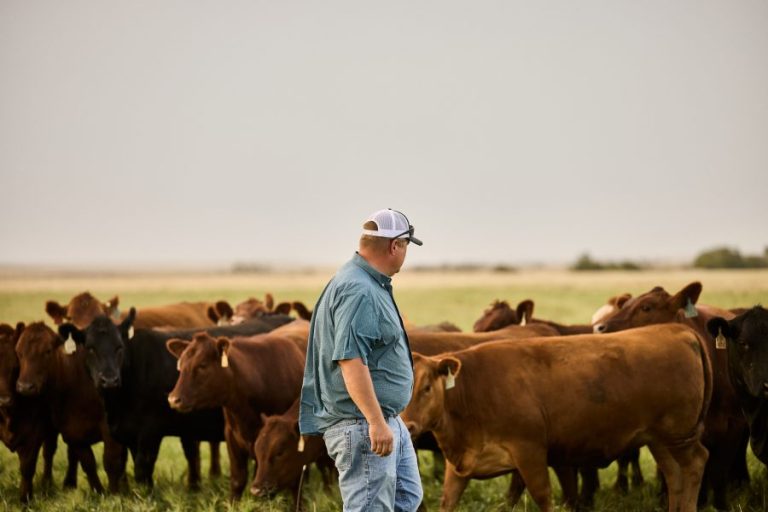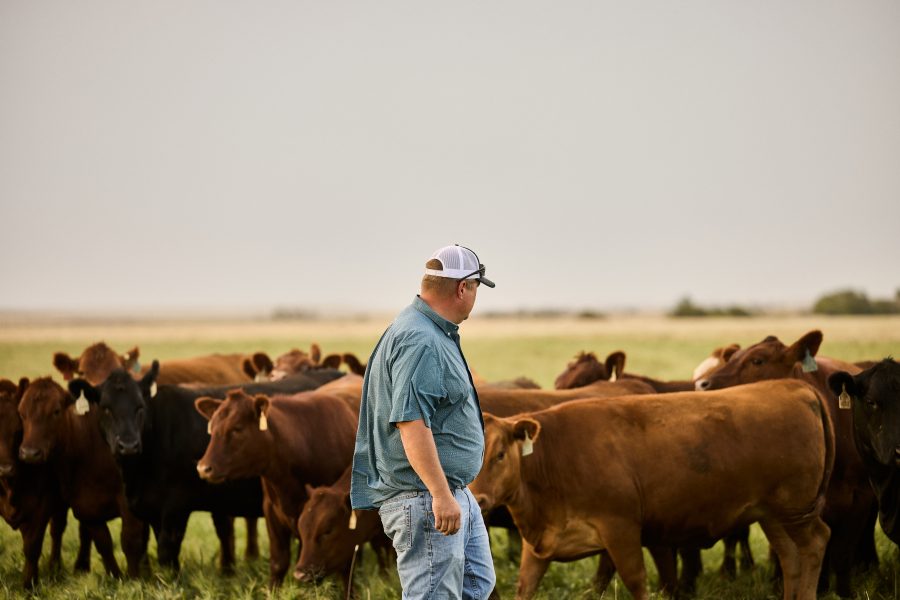PIERRE, S.D. – South Dakota is transforming its pork industry with remarkable innovations and advancements, setting new standards for efficient and sustainable pork production. These developments are reshaping how pigs are raised and how their meat ends up on our plates.
Producers in the state are now employing advanced breeding techniques. These innovations enhance pig genetics, focusing on meat quality, growth rates, and disease resistance. Such improvements have vast implications for food security and sustainability, extending benefits beyond pork enthusiasts to society at large.
Another noteworthy advancement is the significant reduction in antibiotic use in pork production. This step involves implementing preventive measures like vaccinations and enhanced hygiene practices. Such measures minimize the risk of antibiotic resistance, improving not only pig welfare but also contributing to human health.
California’s Controversial Proposition Stands, What It Means For U.S. Producers
Technology is revolutionizing South Dakota’s pork industry too. Precision agriculture helps producers optimize feed usage and minimize waste. Monitoring feed consumption, barn temperature, and ventilation reduces production costs and enhances animal welfare.
Biosecurity is another critical aspect of innovation. Measures like visitor restrictions, disinfectant mats, and protective clothing for employees enhance pig health and limit disease transmission.
Emphasizing sustainability, South Dakota pork producers have adopted alternative energy sources like solar panels and wind turbines. This switch reduces production costs and mitigates environmental impacts.
Finally, exporting pork to international markets like China, Japan, and Mexico boosts industry productivity. This strategy also helps ensure a stable food supply at home and abroad.













